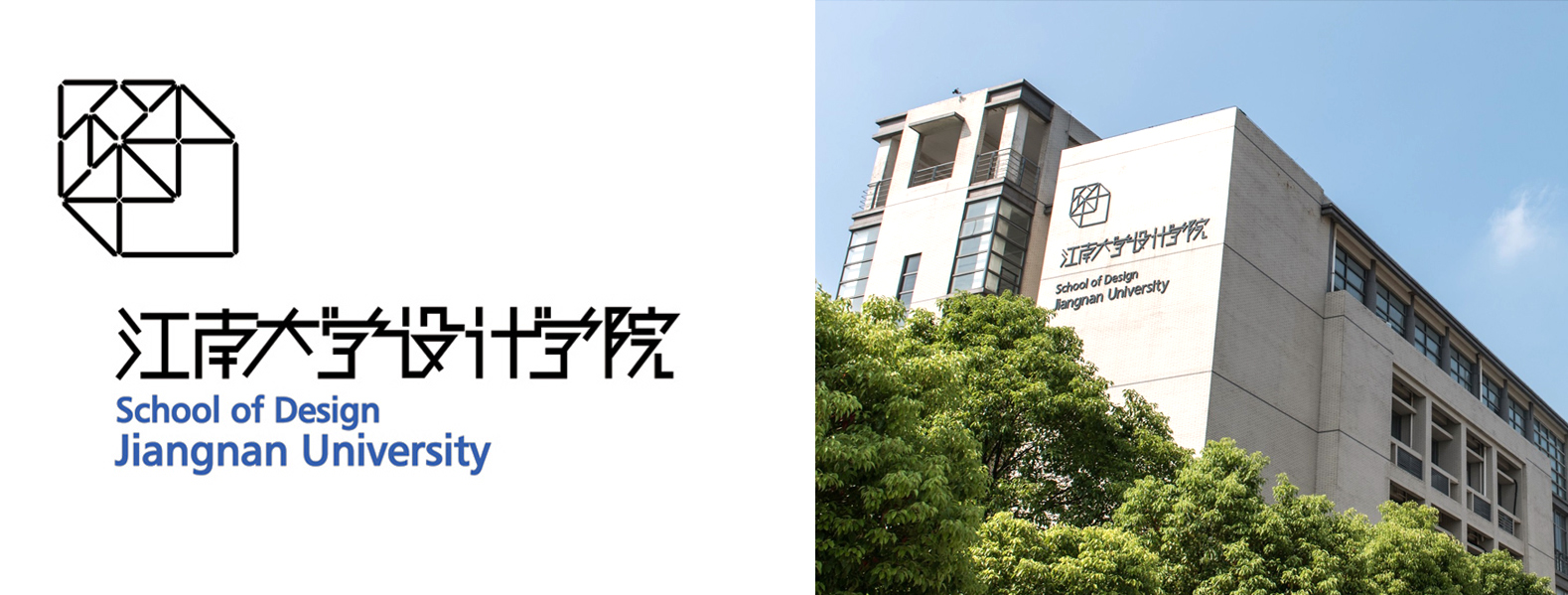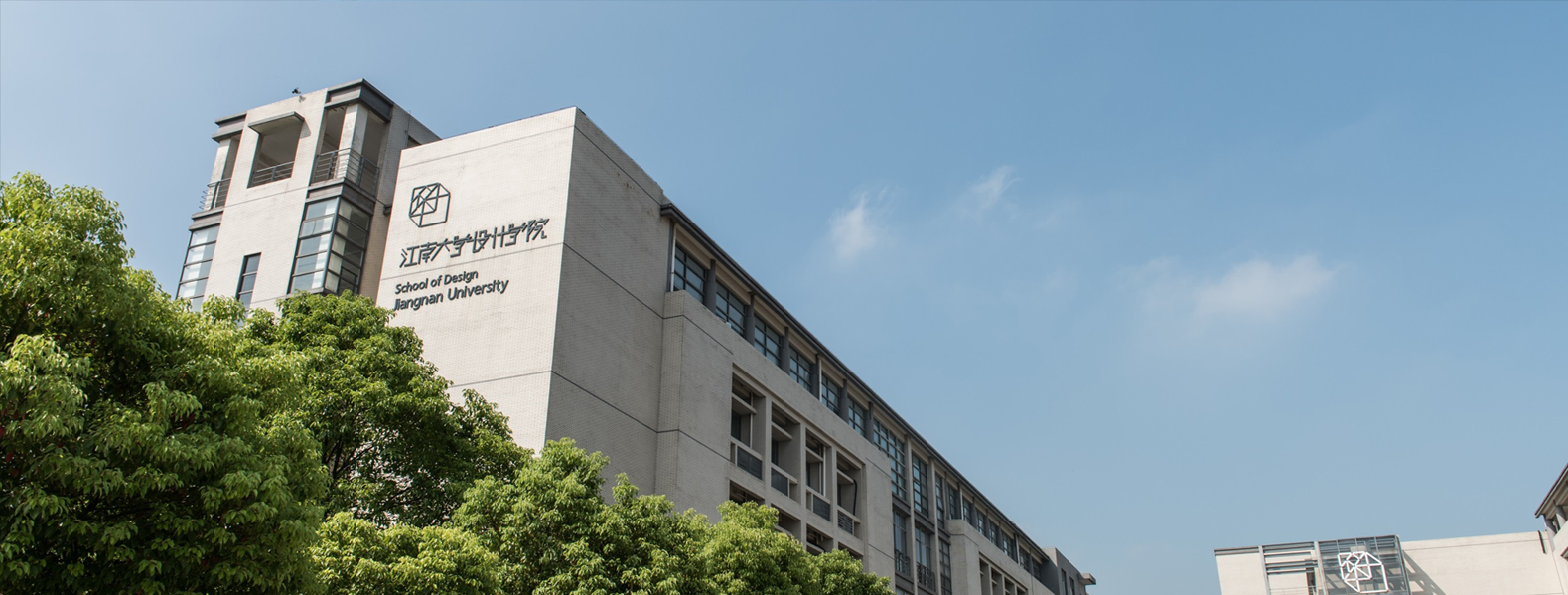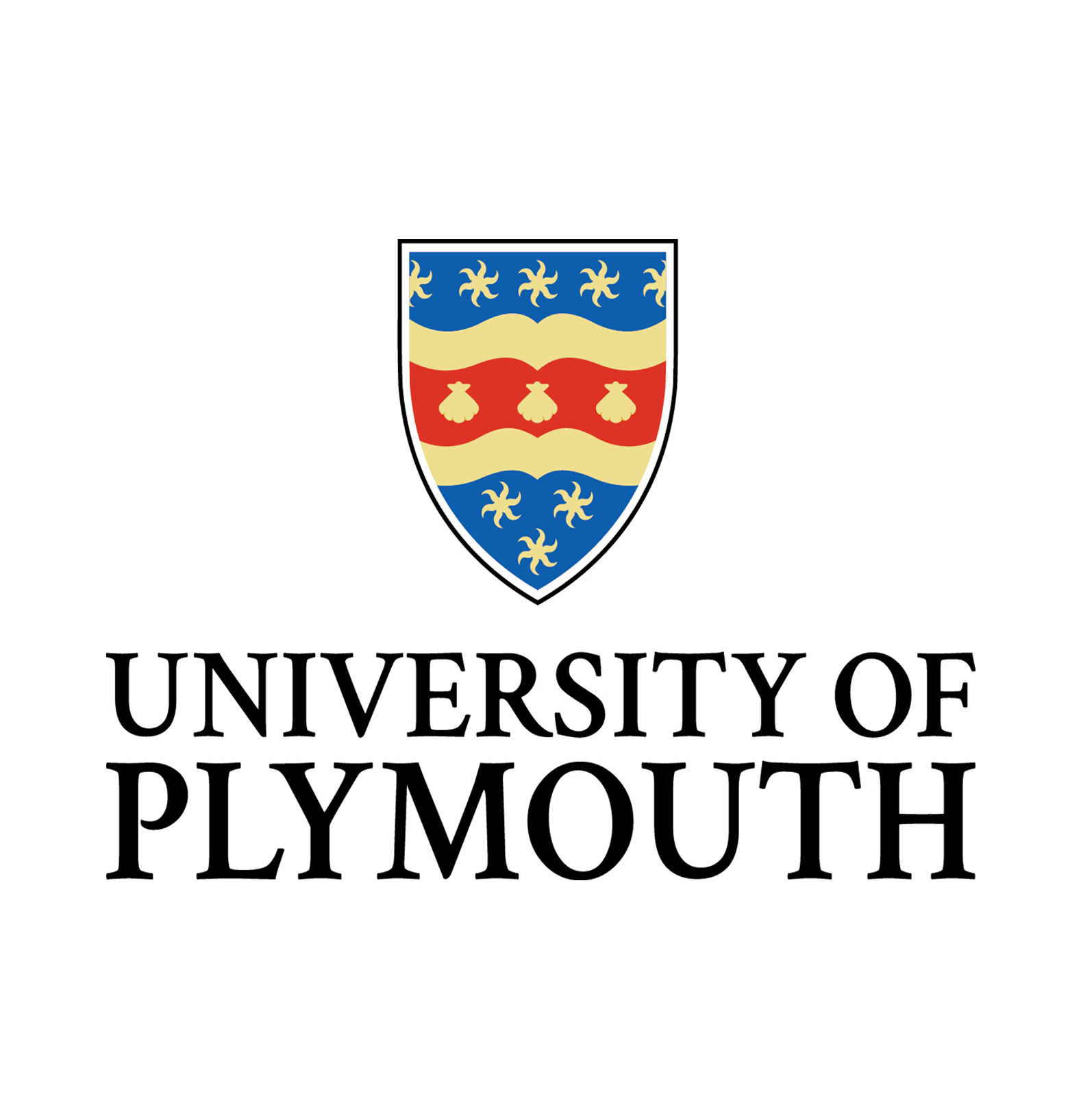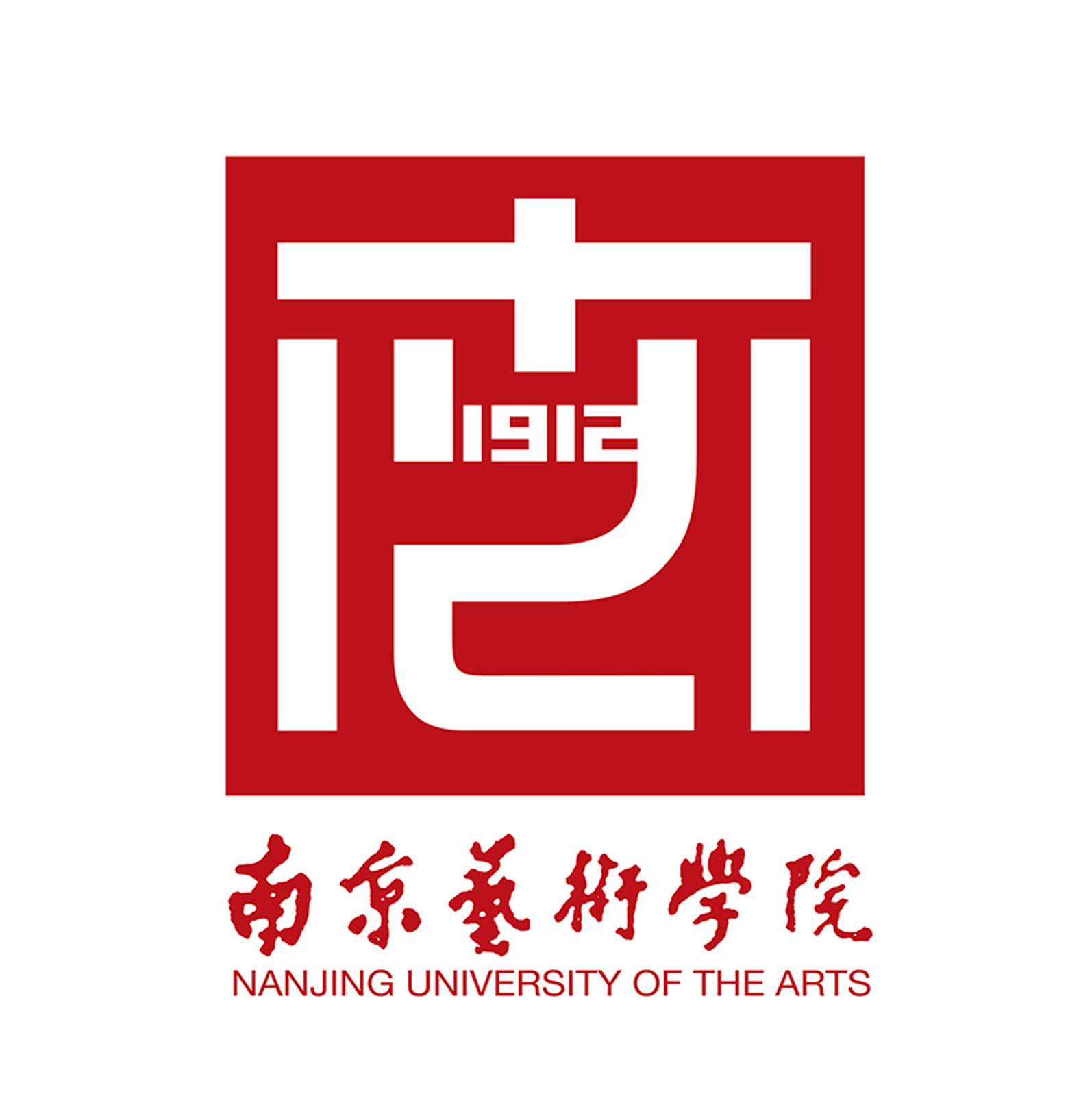
The CODEX Network currently comprises:

School of Design, Jiangnan University, Wuxi, China:
The School of Design, Jiangnan University, formerly known as Molding Department of Wuxi Institute of Light Industry in 1960, is one of the institute with longest history of Chinese modern design education and one of the earliest design program in China. According to the latest evaluation(2012) of the Ministry of Education, School of Design at Jiangnan University ranks No. 4 in Design discipline in China.

The school is granted for System Design and Theory Doctoral Programs, Design Theory Master Programs, Fine Arts Master Programs, and Professional Master’s Programs in Industrial Design Master of Engineering and Master of Fine Arts (MFA); in the meantime, there are product design, industrial design, visual communication design, environmental design, public art and fine arts undergraduate programs. It is a large design school with more than 2000 students and 140 faculty, including more than 70% of the faculty has a PhD or Masters degree and many of them are selected in the national and international key program.
CODEX draws on the research expertise and resources of two National Research Centres:
Research Centre I:
China National Light Industry Key Laboratory of Industrial Design.
China Light Industry Laboratory is an important part of the innovation system of light industry of science and technology in China. It sets up a platform to make advanced scientific research, to gather and cultivate high-quality talents, and to carry out high-level academic exchanges, and finally, to promote the transformation of scientific and technological achievements. Established in 2016, the Key Laboratory of Industrial Design at Jiangnan University was one of the first identified as China Light Industrial Key Laboratory, committing to integrate the innovative genes and key technologies of industrial design with industry, so as to enhance the innovative design ability and brand competitiveness of the industry.
The Laboratory has the first class experiment place. The existing experimental area is nearly 5000 square meters, consisting of advanced manufacturing lab(3D print and laser cut), transport lab, ergonomic lab, interactive design lab, etc. The main objectives of the Laboratory are to do design research and provide industrial design services. The research and design practice areas include consumer electronics, home appliances, interactive and user experience design, user research and human factors engineering, design strategy, light industrial equipment, instrument and equipment, health care.
The Laboratory has long-term cooperation with enterprises like Haier, HUAWEI, Alibaba and Midea. There are large amounts of research projects and products development every year, involving strategic planning, industrial design, structure improvement, software application, service design and so on. Relying on various types of experimental instruments, the research team transforms a large number of research achievements and gets fruitful design practice.
Research Centre II:
Experience Design Frontier Methodology and Technology Innovation Research Centre.
In the era of experience economy and service economy, the Experience Design Frontier Methodology and Technology Innovation Research Centre sets up three main research directions with the understanding of the overall industry trends and frontiers of design discipline.
Product Service System and Experience Design Strategy. In the context of changing social form and technology, this direction aims to build a model of user experience by systematic thinking, and focuses on health problems to establish effective design strategies and methods of collaborative design practice. A sustainable revolution will be led by human and social innovation, which means everyone can understand and participate in social innovation in an easy way. So, this direction will set up the theory and method supporting for sustainable social innovation.
Experience Design Method of Urban Human Settlement System. Combined with new problems of urban residential environment system of the new era, this direction focuses on urban residential system, urban spatial form, spatial information technology and environmental behaviour, and carries out research on cooperation.
Methods and Techniques of Intelligent Interactive Experience. Aiming at stroke-induced hemiplegia patients, this direction set up and verify a new type of gait rehabilitation training robot based on the newly proposed theory of motor nerve coupling of upper and lower limps, and provides a strengthening auxiliary function of grabbing. This robot will be an effective means for the majority of patients in need of gait rehabilitation and life agility.
The research centre is expected to produce a number of innovative achievements with international vision and Chinese characteristics. Moreover, through the worldwide cooperation with famous experts and scholars, a new model of international-joint talents training can be formed. In the end, our aim is to promote the development of the “frontier method and technology of experience design” in the domestic design discipline, and enhance the level of research and international influence.
School of Art, Design and Architecture, Faculty of Arts and Humanities, Plymouth University:
The School of Art, Design and Architecture offers a breadth of postgraduate research programmes that are distinct in their focus on digital art and technology practice, transdisciplinary epistemologies, artistic ecologies, photographic and media art, urban and smart cities as well as building performance research. Our research staff are active practitioners and longstanding academics within their fields and between them have a wealth of successful AHRC, EPSRC, and British Academy research grants as well as Horizon2020 and other EU funded projects.
Our School has a strong connection to the city through its major galleries, and independent and national organisations such as Plymouth Culture, and The South West Film and TV Archive Centre, among others.
Through its international staff, the School looks outwards with research projects based in India, China, Brazil, USA, the rest of Europe, and the Middle East. Located in Devon, South West of England, the School is a hub of advanced studies into a wealth of creative practice linked to Art, Design and Architecture.
CODEX Research Network:
If you are a PhD Supervisor or an HE or Research institution and are interested in joining the CODEX Research Network, please contact:
Professor Mike Phillips mike.phillips@plymouth.ac.uk , the CODEX Director or Dr Gianni Corino g.corino@plymouth.ac.uk, Network Coordinator.
To establish a CODEX research collaboration an initial MOU can be organised and subsequently a contract can be established in the context of local expertise and PGR legislation.







